West and Central Africa is home to approximately a quarter of the world's population living in extreme poverty. Despite a decade of steady decline in poverty rates, the region experienced an alarming rise of nearly 3% in 2020. Projections indicate that by 2030, poverty rates will be 4% higher than pre-COVID-19 forecasts, and the population is expected to double by 2050, reaching a staggering 2.2 billion. This presents a formidable challenge for the region, as it grapples with a complex array of issues, including rising temperatures, desertification, deforestation, increased coastal flooding, unpredictable rainfall patterns, and frequent extreme weather events.
Particularly alarming is the Sahel's temperature, which is increasing 1.5 times faster than the global average, underscoring the visible impact of climate change in the region.
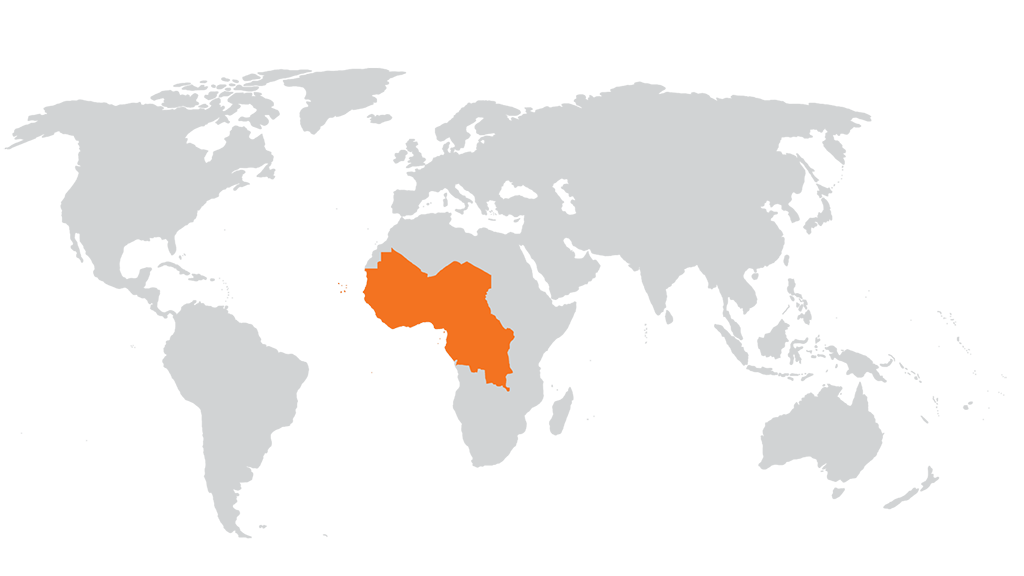
In the face of these daunting challenges, the vicious cycle of high population growth, limited economic opportunities, and environmental degradation exacerbates the region's difficulties. Climate-induced shocks to the food system pose a significant threat to food production and reduce agricultural productivity, demanding urgent investments in food systems resilience.
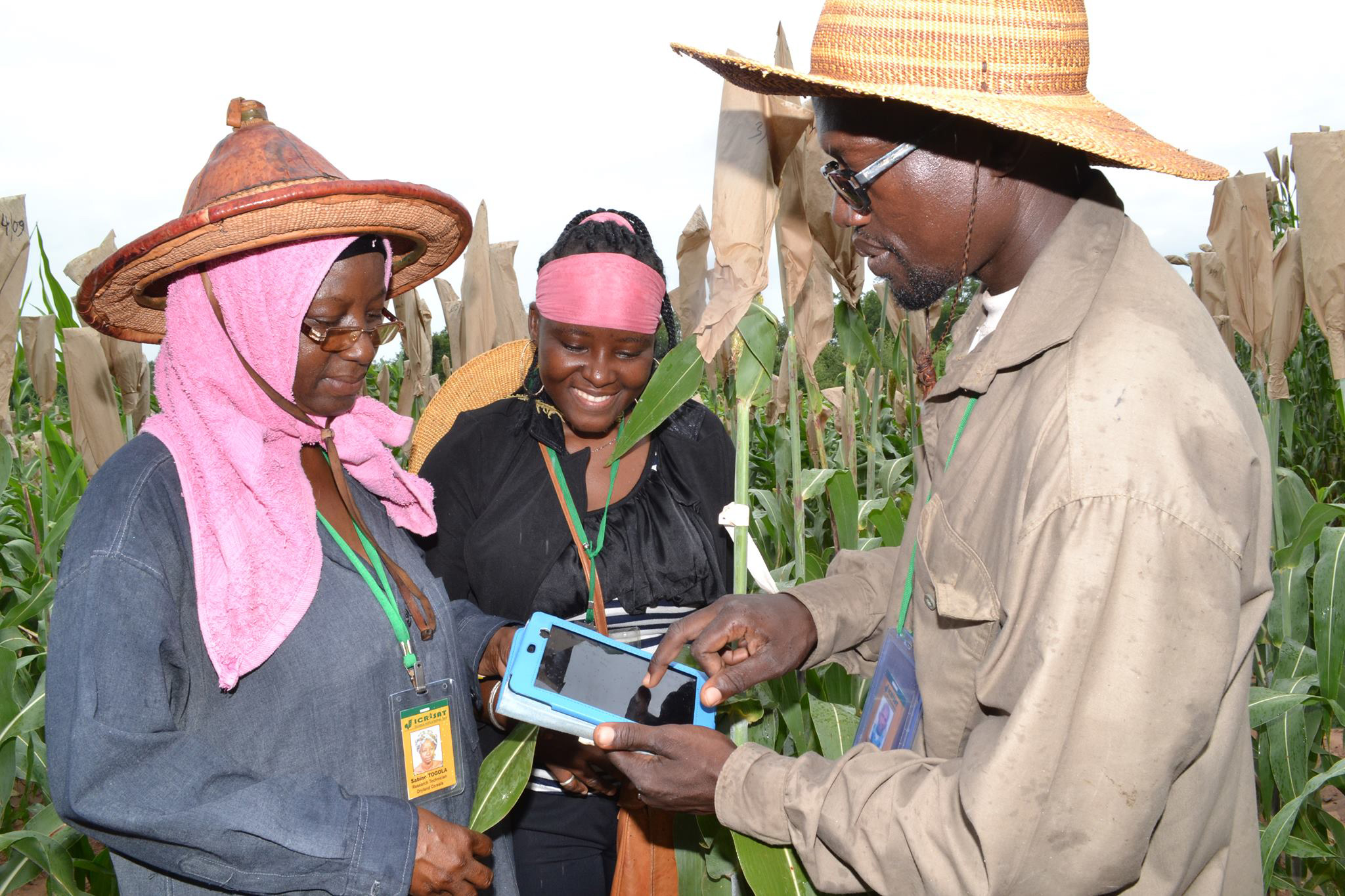
At ICRISAT, our work in West and Central Africa is deeply intertwined with strengthening livelihoods, resilience, and production systems to address pressing food and nutrition requirements, combat land degradation, mitigate climate variability, and tackle related shocks. We are dedicated to supporting the region by enhancing its capacity to absorb, adapt to, and transform systems in response to vulnerabilities arising from climate change.
Through our extensive research efforts, we have successfully developed and delivered improved sorghum, millet, and groundnut varieties that offer increased economic returns and advancements in nutritional and agronomic technologies. In collaboration with non-governmental organizations, the public and private sectors, we have also pioneered information and communication technology-based innovations to enhance the reach of extension and advisory services, along with profitable value chains and webs.
Our focus on cross-cutting themes, such as crop protection, agroforestry, and agro-sylvo-pastoral systems, genetic resources conservation, gender inclusion and empowerment, and impact analysis of demand-driven research for development, has strengthened the resilience of communities and ecosystems in the region.
In our pursuit of achieving poverty reduction and meeting the Sustainable Development Goals, West and Central Africa hold the key to significant progress. With offices and research facilities in four countries—Mali (regional hub), Niger, Nigeria, and Senegal—ICRISAT is committed to making a tangible difference and fostering sustainable agricultural transformation to uplift communities and secure a brighter future for the region.
ICRISAT's West and Central Africa (WCA) regional hub, alongside the Institute of Rural Economy (IER), has led Agricultural Research for Development (AR4D) initiatives in Mali since 1979. Rooted in a fruitful partnership, we focus on value chains for groundnut, sorghum, and pearl millet to enhance smallholder farmers' livelihoods in the Sudano-Sahelian climate risk zones.
Our collaboration yields remarkable results:
Groundnut: Registration of 13 OPVs and 7 hybrid varieties, elevating options and productivity.
Improved Varieties: Alasson, Yiriwa, Tiga, and Nieta boost yields and farmer incomes.
Sorghum: Guinean-race hybrid development and dual-purpose varieties Grinkan, Tiandougou, and more.
Micro-Dosing: Innovative fertilizer approach raises sorghum and millet yields by 120% sustainably.
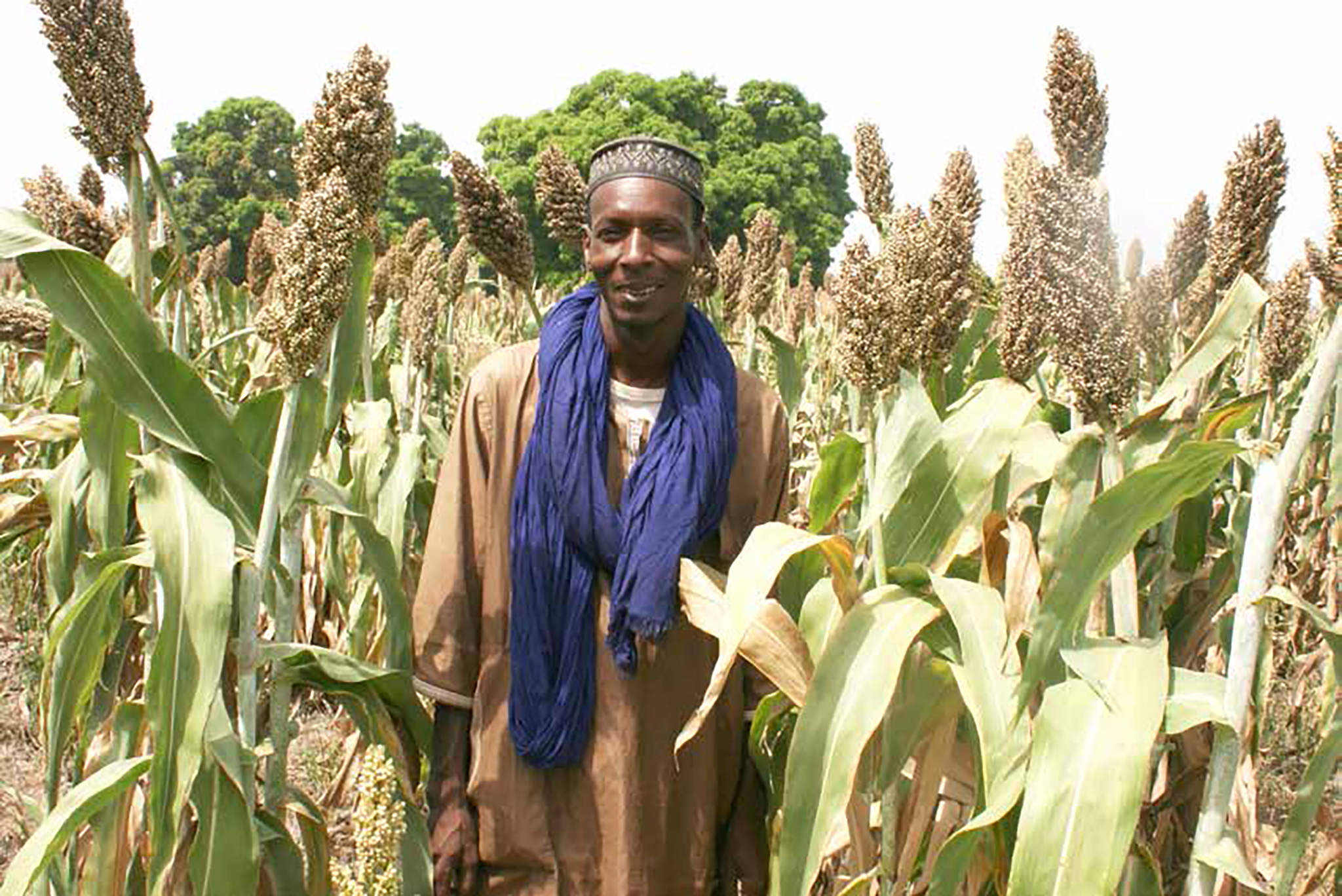
Together with IER and NARS, we provide motorized shelling machines to groundnut farmers, enhancing efficiency and productivity. This ongoing partnership drives agricultural innovation, ensuring positive impacts on Mali's smallholder farmers, food security, and climate resilience. Our combined efforts forge progress and prosperity in Mali's agriculture sector.
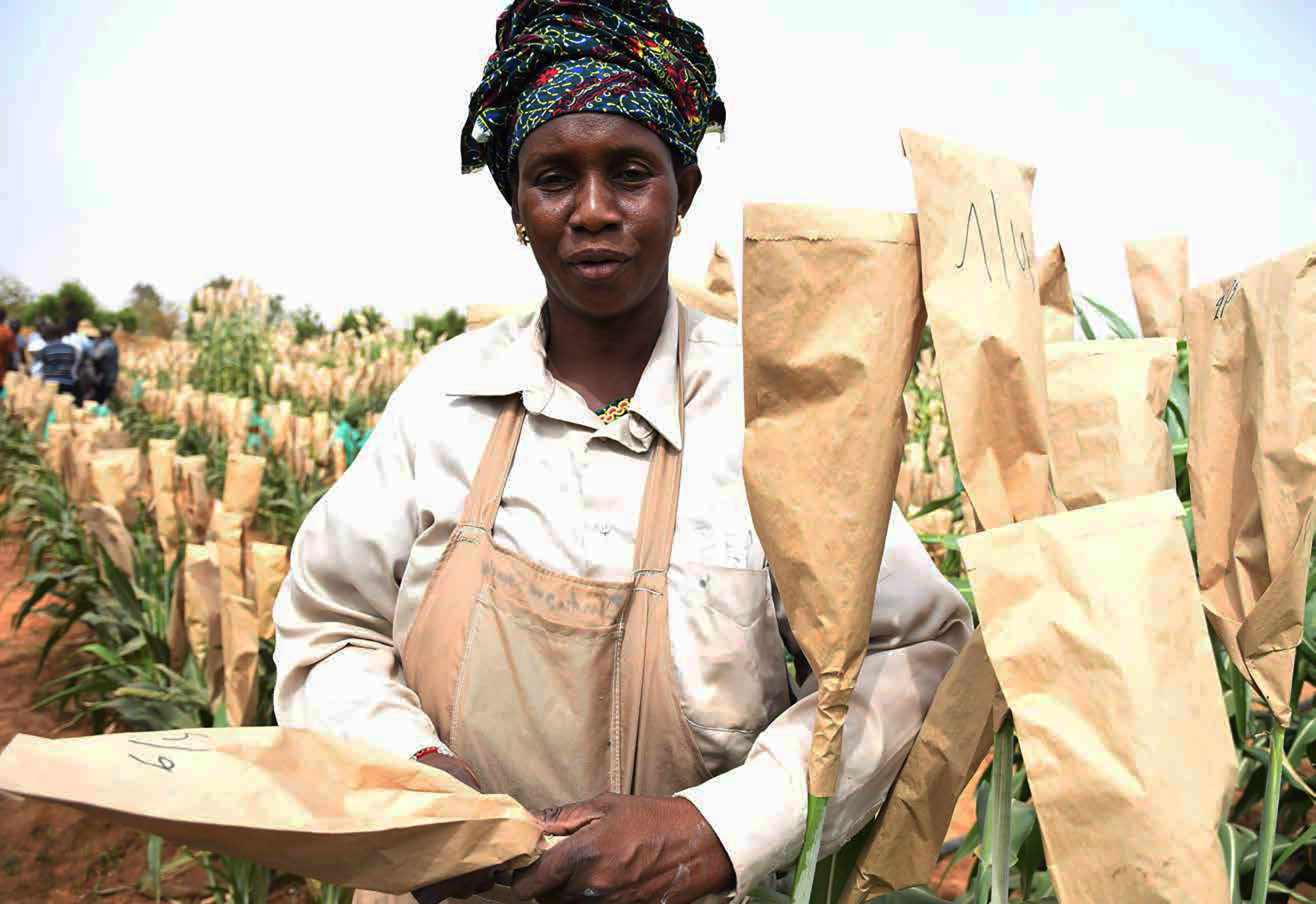
Since 1981, ICRISAT has partnered with Niger to establish the ICRISAT Sahelian Center (ISC), a research hub known for advanced facilities and specialized labs. Our agenda aligns with Niger's vision to restore degraded lands and achieve food self-sufficiency amid challenging climates. Transformative initiatives include the African Market Garden, Sahelian Ecofarm, and soil fertility enhancement, focusing on capacity building, women's empowerment, and diverse crop improvement.
Key achievements:
Pearl Millet: Over 20 open-pollinated varieties, including popular ones, enhance millet production.
Groundnut: Dissemination of 12 improved varieties boosts livelihoods in Dosso and Maradi.
Fruit Diversity: Introduction of 151 fruit trees and vegetables promotes dietary diversity.
Bio-reclamation: Positive impact on barren soils through partnerships, benefiting thousands.
ICRISAT and Niger share a mission to enhance rural livelihoods, manage resources, and promote sustainable technologies. Strengthening partnerships, we focus on climate-smart solutions, integrated systems, and value chains, elevating incomes, reducing poverty, and enhancing nutrition. As we forge ahead, ICRISAT remains dedicated to a resilient and prosperous agricultural future for Niger's communities.
In 1988, ICRISAT initiated a research station near Kano, Nigeria, focusing on sorghum improvement. This collaboration with the Agricultural Research Council in Nigeria (ARCN) led to joint research programs through a Memorandum of Understanding (MoU) in 2008.
Together, we have expanded crop genetics, enhancing millet, sorghum, and groundnut production. Our partnership fosters technology exchange, resource management, and value chain development. ICRISAT promotes mechanization, market access, innovation dissemination, and capacity building.
ICRISAT's impact in Nigeria includes:
Varieties: Disease-resistant sorghum, high-yielding groundnut, and early-maturing pearl millet.
Groundnut Value Chain: Dry season cultivation, disrupting cereal-cereal cycles and providing fodder.
ATASP-1: Linking sorghum farmers to industrial markets, fostering a silent green revolution.
Nutrition: Promoting fortified composite flour, elevating sorghum and millet recipes.
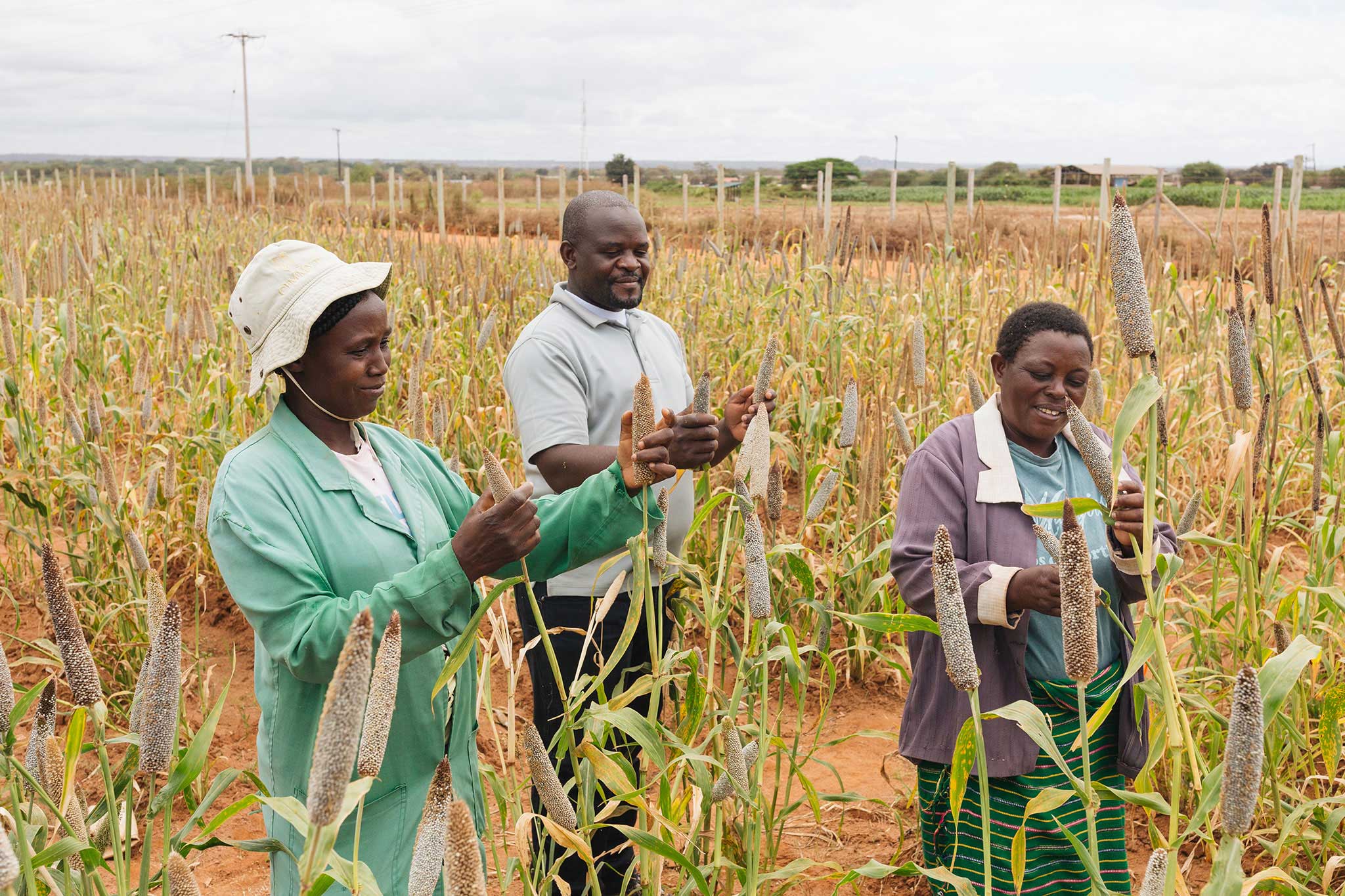
Leveraging geospatial and digital tools, our West Africa program supports informed decision-making. Future efforts focus on climate-smart, nutritious varieties, robust seed systems, climate resilience, livestock production, water conservation, and geospatial solutions. ICRISAT continues shaping Nigeria's sustainable agricultural development and smallholder prosperity.
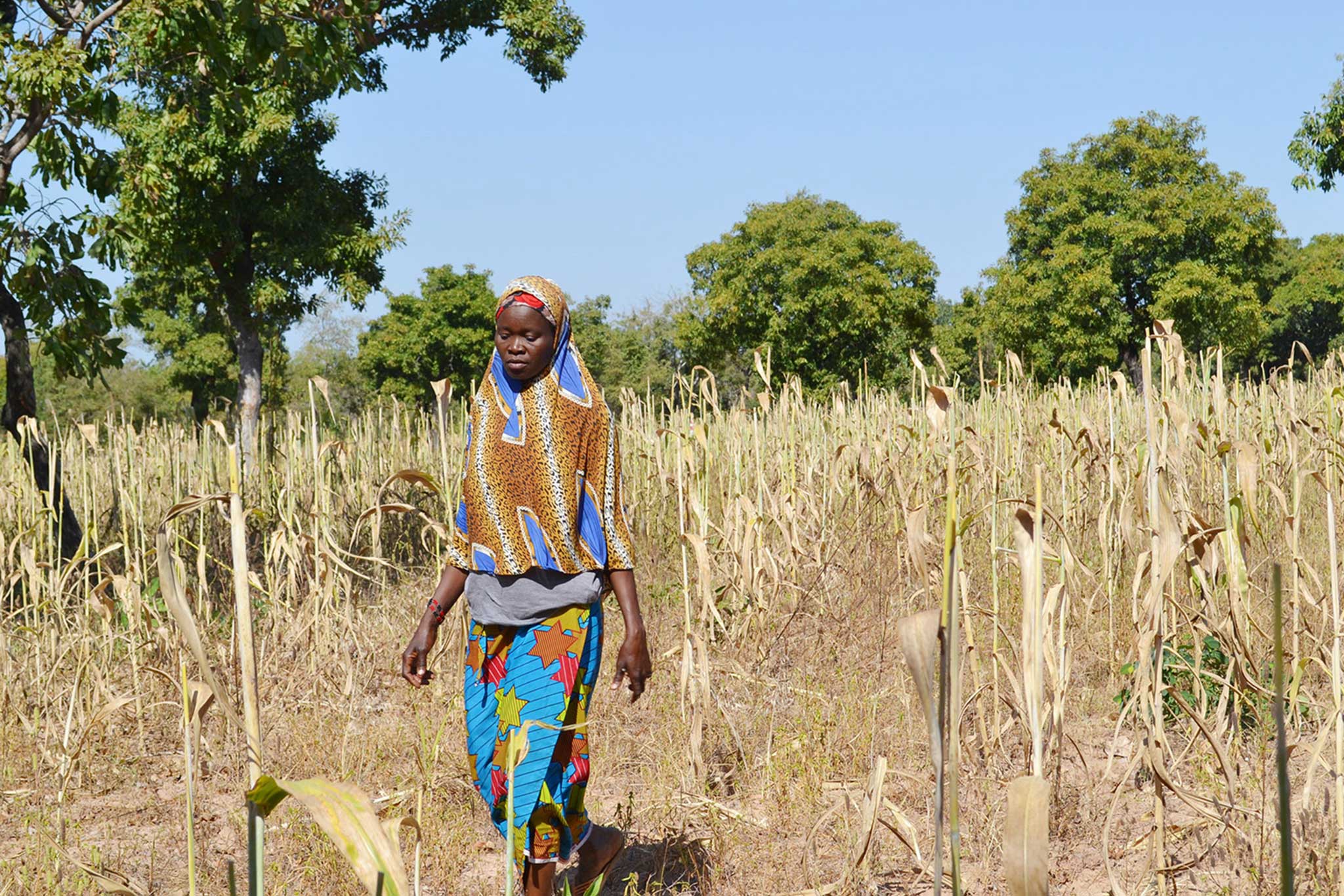
The collaboration between Senegalese Agricultural Research Institute (ISRA) and ICRISAT exemplifies impactful partnerships driving agricultural research in Senegal. Focused on food and nutrition security, this alliance has transformed farming.
Starting with pearl millet breeding, we have expanded to groundnut revival, boosting value chains. Our core focus remains increasing yields and sustainability in sorghum and millet systems. Innovative agronomy, quality seeds, and climate-smart tech are key.
Preserving soil, water, and fertility health is paramount. Sustainable land management and water conservation projects ensure productivity and resilience. Effective market linkages empower farmers, enhancing income opportunities and economic growth.
Crop diversification and dietary diversity further strengthen the sector. As the partnership evolves, ISRA and ICRISAT continue innovative research and development in Senegal. With a focus on sustainability and inclusivity, we stand united for food and nutrition security.
To partner with the world’s premier drylands institute, please get in touch